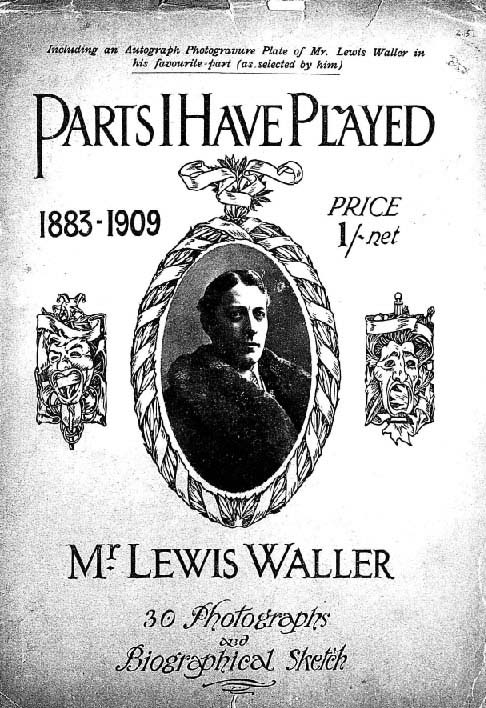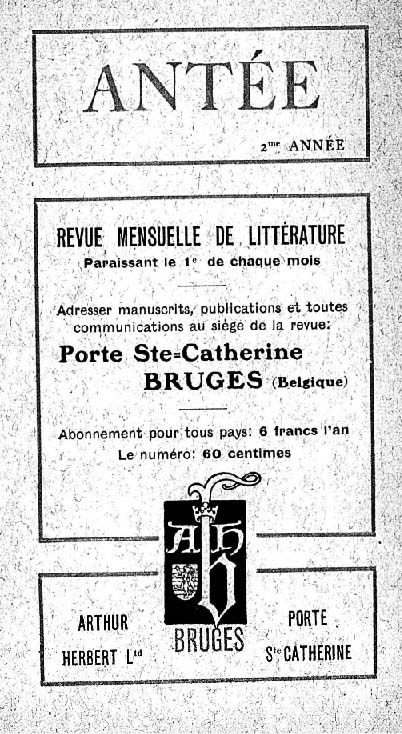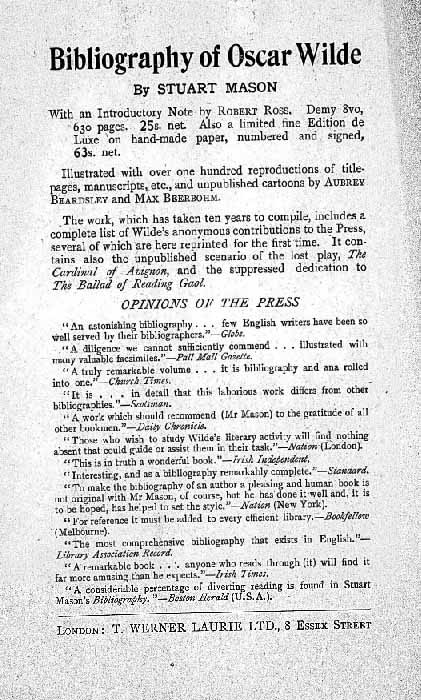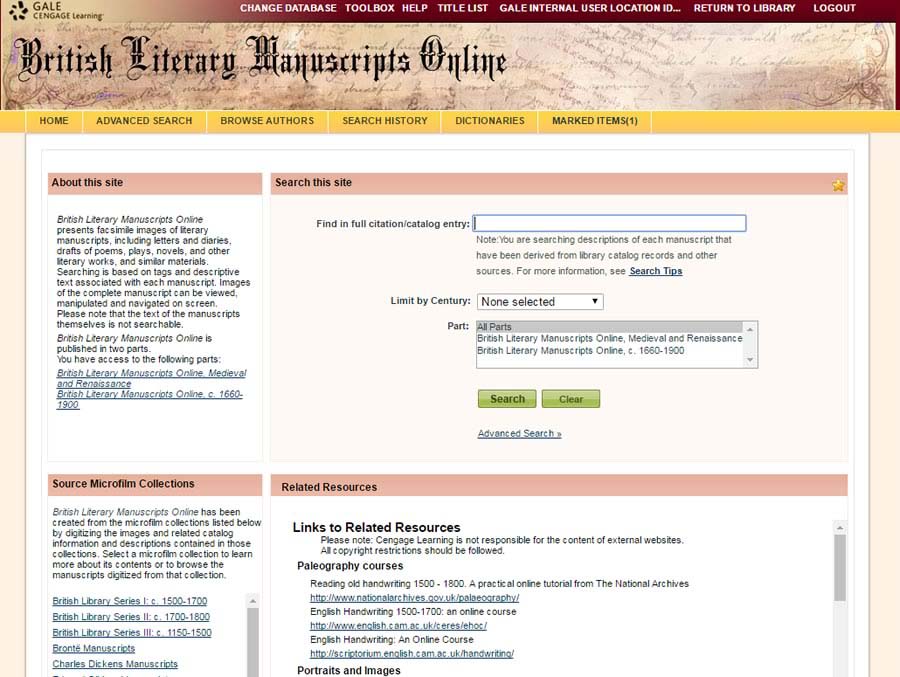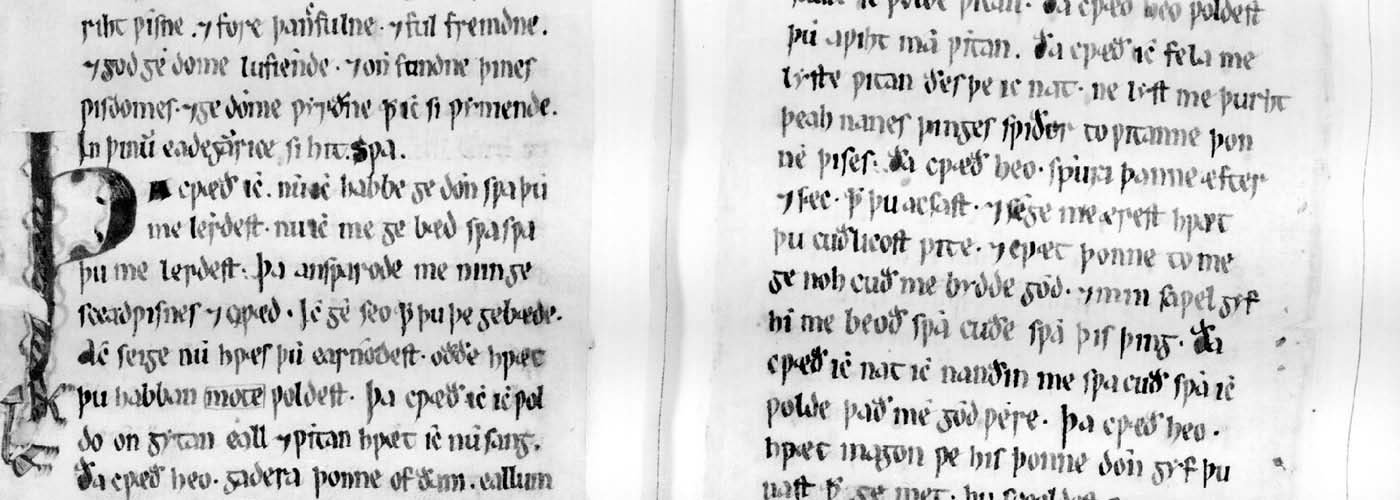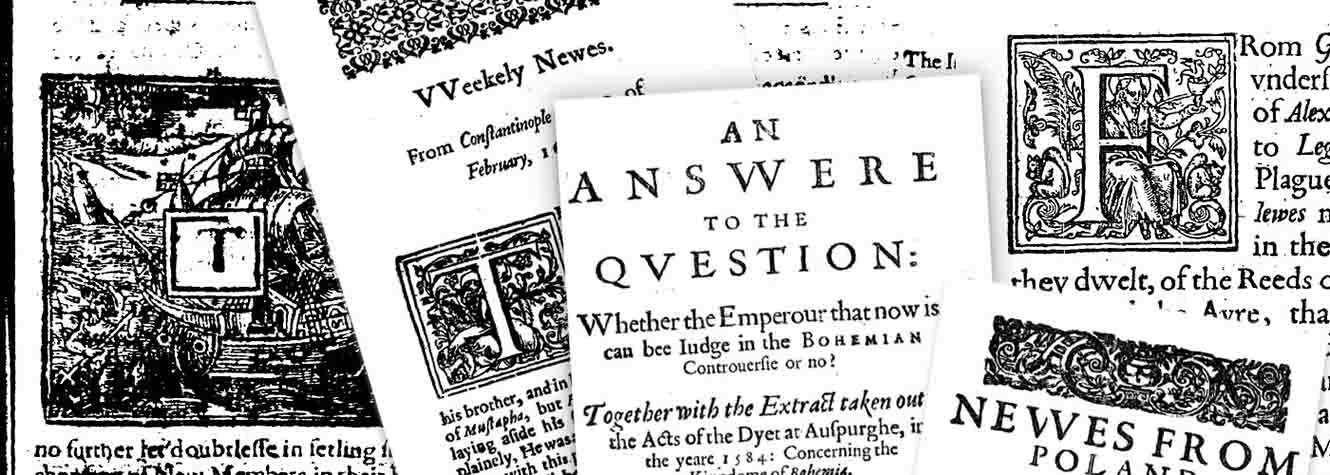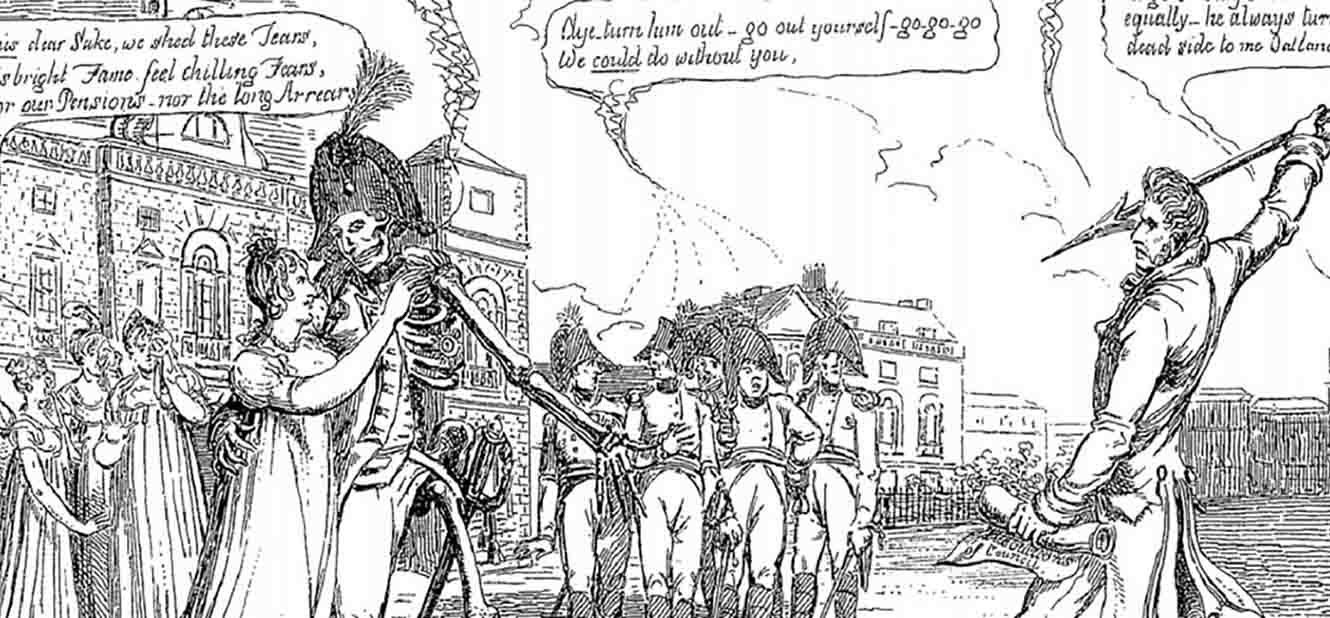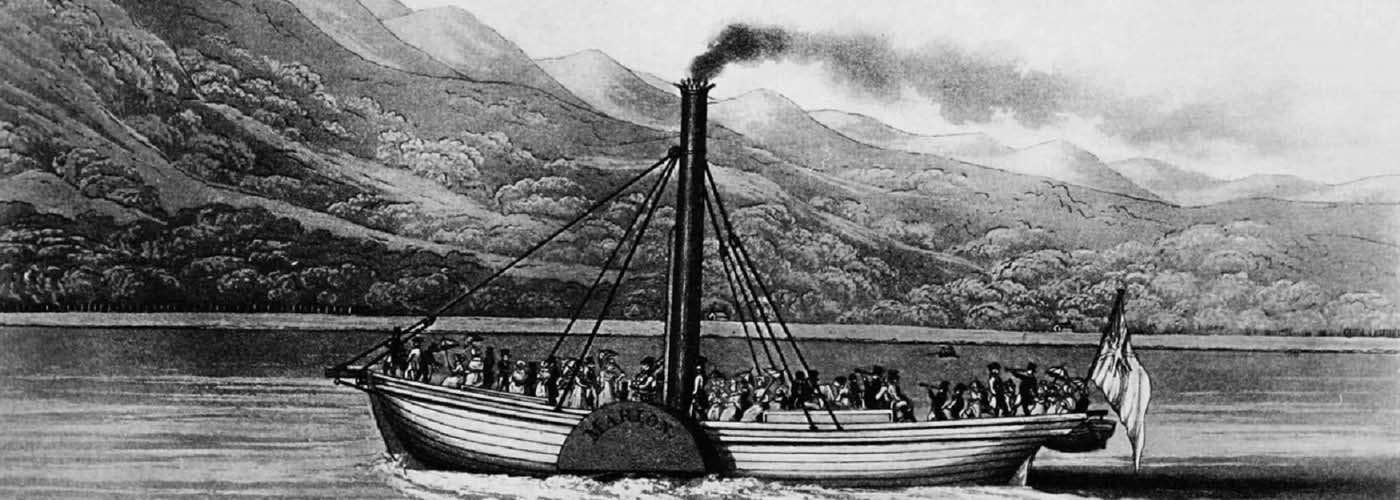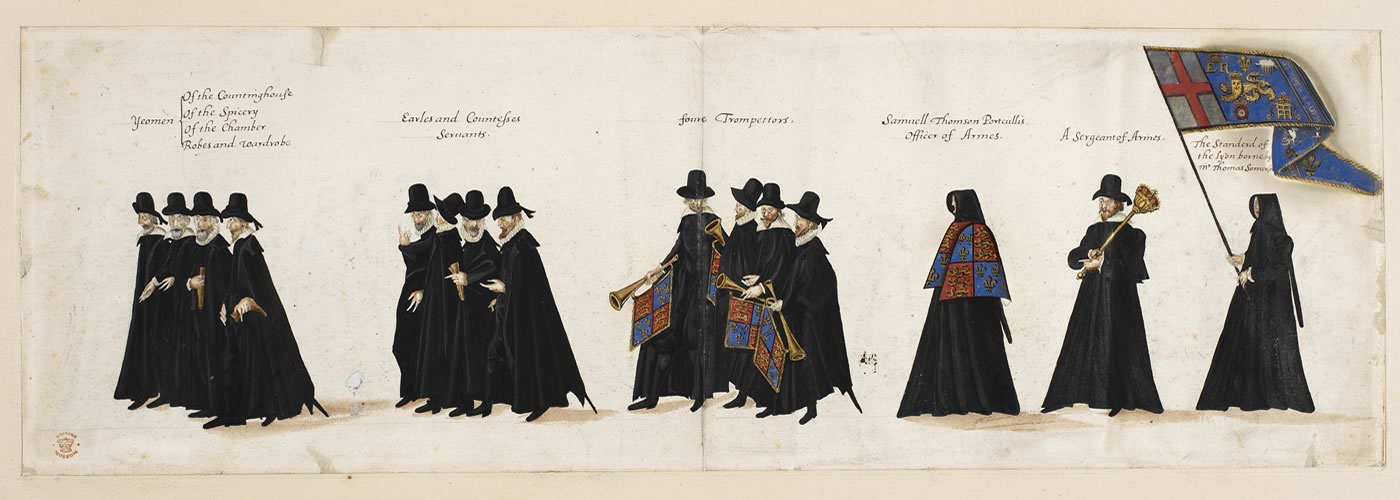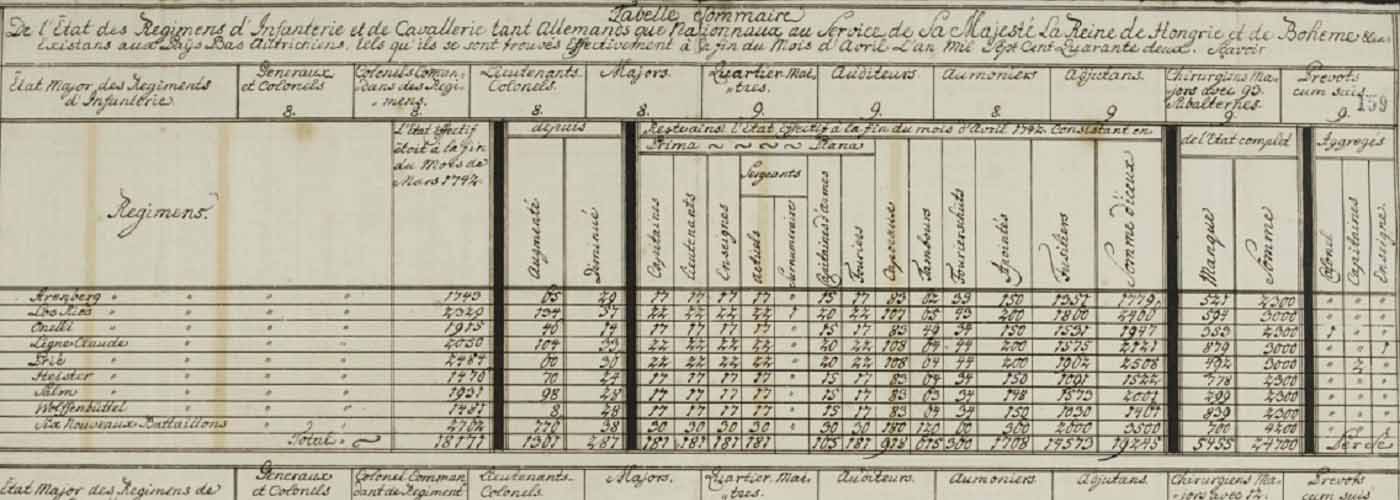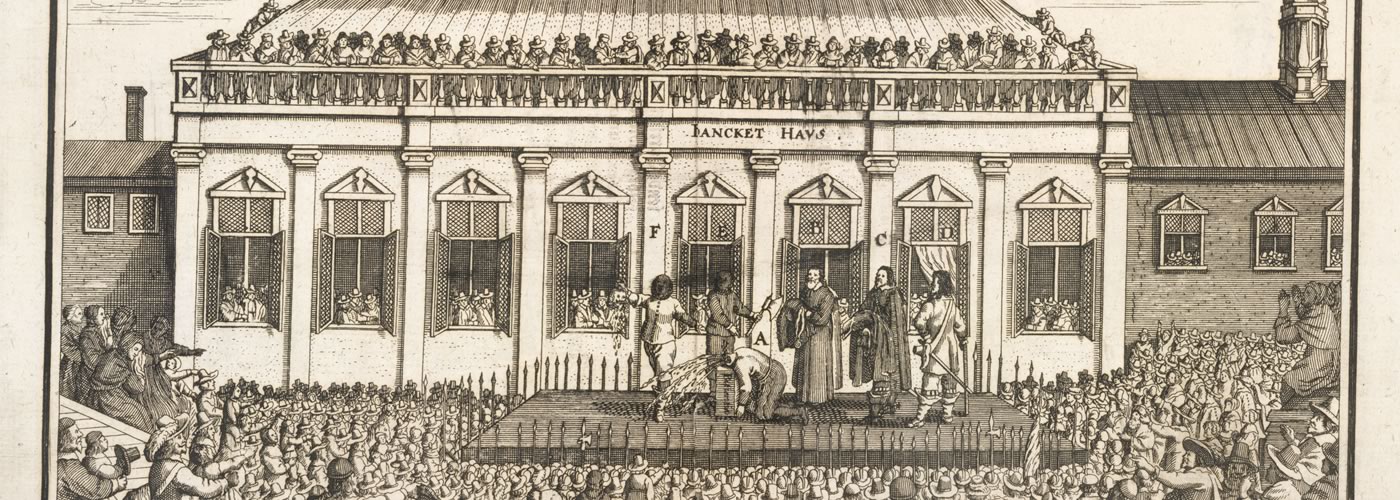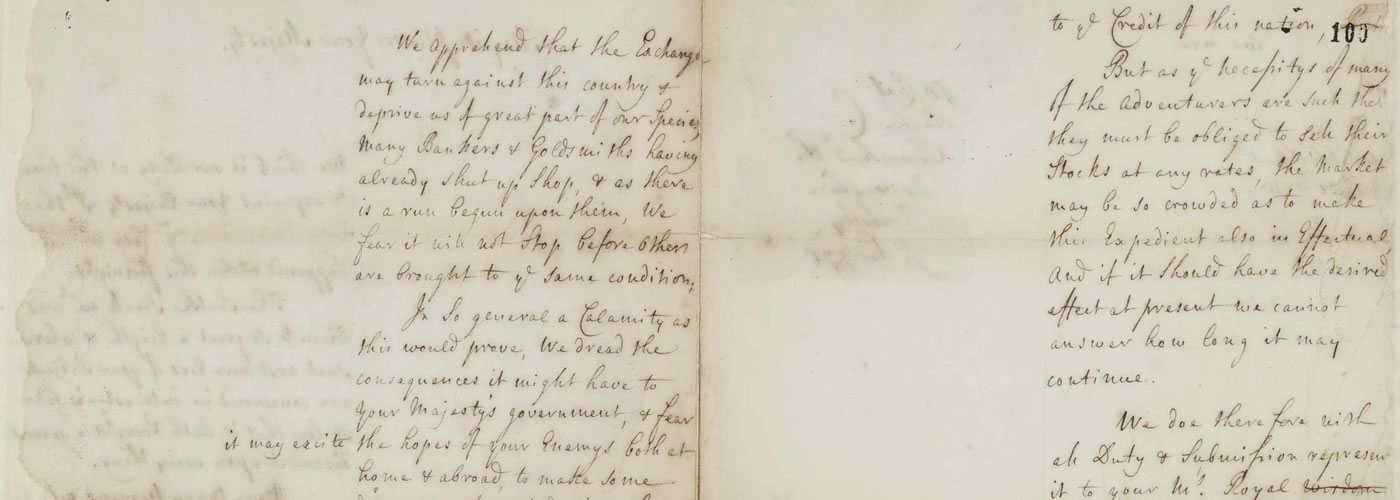Take an intimate look into the lives and works of Britain’s major writers across two hundred years, from the Restoration through the Victorian era.
British Literary Manuscripts Online, c. 1660-1900 presents facsimile images of literary manuscripts — including letters and diaries, drafts of poems, plays, novels, essay, journals, and more — from the Restoration through the Victorian era. It encompasses extensive materials related to major British literary figures from the Bronte sisters to Sir Walter Scott to Oscar Wilde.
For the first time, this valuable resource lets instructors and students bring these manuscripts directly into the classroom, providing unique access to the authors' social networks, attitudes, and education, as well as the development of their writings. Scholars will welcome the rare opportunity to search and review manuscripts online in order to identify items for closer study.
The period from the Restoration to the death of Queen Victoria in 1901 saw the development of Britain as a world power. Correspondingly, the emergence of English literature was a significant and often dominant feature of international culture. Simultaneously, the global ascendance of colonial power and the spread of new thinking about democracy, human rights, and political and social equality cultivated new forms of literary expression — including journalism, the novel, and literary criticism.
The primary source content of British Literary Manuscripts Online, c. 1660-1900 has been digitized from some of the most prestigious collections in the world, including the:
- British Library
- Bronte Society Collection at Haworth Parsonage
- Forster and Dyce Collections
- National Art Library at the Victoria and Albert Museum, London
- National Library of Scotland
- Folger Shakespeare Library, Washington, D.C.
- Princeton University Library, Princeton, New Jersey
- Huntington Library, San Marino, California
- William Andrew Clark Memorial Library, University of California Los Angeles
British Literary Manuscripts Online, c. 1660-1900 offers an intimate look into the lives and works of major literary figures from the Restoration through the Victorian era. Among the highlights of the collection are:
- Several autograph manuscripts of Alexander Pope, including his translation of Homer's “Iliad”
- William Blake's notebook, known as "The Rossetti Manuscript," with early drafts of the "Songs of Experience," "The Everlasting Gospel," "The Vision of the Last Judgement" and "The Public Address," along with manuscripts of "The Four Zoas" and "The Phoenix"
- Partial drafts of Fanny Burney's novel “Camilla” as well as assorted letters and poems
- Samuel Johnson's journals from travels in Wales and France
- 156 poems of Robert Burns, including the autograph draft of his last major narrative poem, "Tam O'Shanter"
- Thomas Carlyle's letters expressing his sympathy for the urban poor
- Complete manuscript drafts of 12 of Charles Dickens's major novels, including “A Tale of Two Cities,” “Bleak House,” “David Copperfield,” “Hard Times,” “Little Dorrit,” and “Oliver Twist,” along with page and galley proofs of “Great Expectations” and “Nicholas Nickleby”
- Complete autograph manuscripts of Charlotte Bronte's “Jane Eyre,” “Shirley,” and “Villette,” and autograph copies of three of her early unpublished stories and of Emily Bronte’s “Gondal Poems”
- Partial manuscript drafts of several of Sir Walter Scott's novels, including “Ivanhoe” and “Castle Dangerous,” as well as numerous poems and his “Life of Napoleon”
- Original typescripts of Oscar Wilde's “The Picture of Dorian Gray” and “Mrs. Arbuthnot (A Woman of No Importance)” with the author's corrections and emendations
- Letters and papers of William Cowper, Charles Dickens, Edward Gibbon, Elizabeth Montagu, Samuel Richardson, Jonathan Swift, and Hester Thrale Piozzi
FEATURED TESTIMONIAL
“British Literary Manuscripts Online, c. 1660–1900 shows what rich resources exist for the study of literary works in manuscript from the Restoration to the late nineteenth century. What makes this project unique is the way in which collections from libraries in different parts of the world can be brought together to create an essential archive of primary materials. The possibilities such a resource has for research and teaching are enormous and have yet to be explored fully. As a new direction in manuscript studies of all periods, Gale's project is truly innovative.”
- Professor Henry Woudhuysen, University College, London
Look Inside
Additional Details
subjects covered
- British Studies
- European Studies
- East European & Russian Studies
- Western European Studies
- Literature
Advisory Board
British Literary Manuscripts Online has been designed with the generous assistance and advice of the following scholars and academic librarians:
Platform Features & Tools
Term Frequency
Researchers can see the frequency of search terms within sets of content to begin identifying central themes and assessing how individuals, places, events, and ideas interact and develop over time.
Topic Finder
By grouping commonly occurring themes, this tool reveals hidden connections within search terms—helping to shape research by integrating diverse content with relevant information.
Cross-Search Capability
Search across the materials of complementary primary source products, including books, in one united, intuitive environment, enabling innovative new research connections.
Reviews & Testimonials
“With this major project, important manuscripts from the US and Great Britain have been collected in one database for all levels of researchers, regardless of circumstance. This resource allows manuscript study to be integrated into the literature, humanities, and history curricula, promoting interdisciplinary study and research. Highly recommended. Upper-level undergraduates and above.”
“This service is as convenient as it sounds and the results are excellent in terms of the quality of the images retrieved.”
“The entire collection is easily browsed by author, and clever users may browse by title via an option provided on the Advanced Search form. Summing Up: Recommended.”


